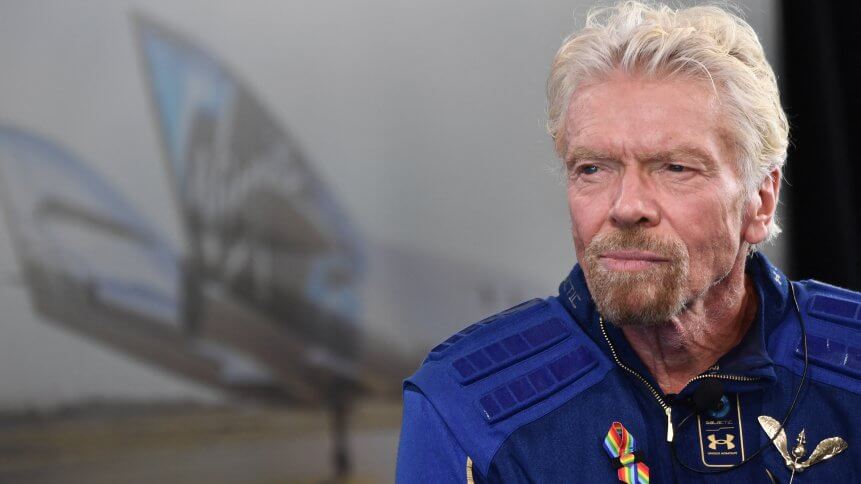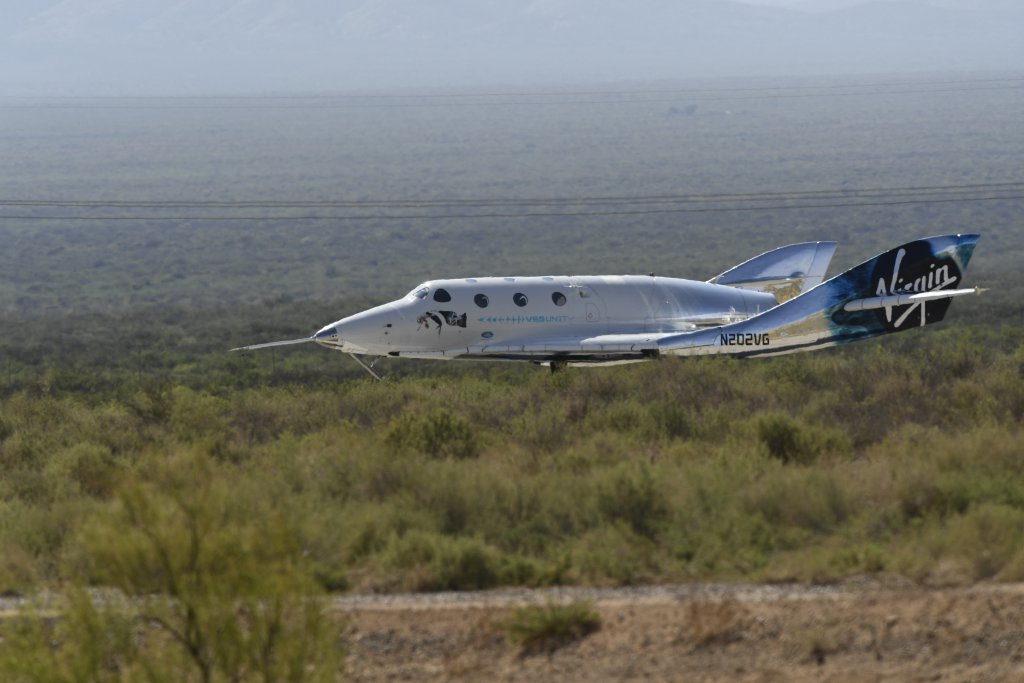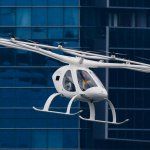Space Tourism – Techpreneurs lead the new space race

Commercial space tourism is officially jetting off after Richard Branson, CEO of Virgin Group completed the first space travel trip abroad the Virgin Galactic, a supersonic space aircraft developed by Virgin Galactic. Richard beat Amazon billionaire Jeff Bezos, who will also be traveling to suborbital space in a week’s time.
Jeff will be making the trip onboard New Shepard, a reusable spacecraft designed by Blue Origin, a company he founded. The Federal Aviation Administration has approved the license for the company to carry humans into space on its maiden voyage on July 20, 2021.
Interestingly, both of these digital entrepreneurs are not the first space tourists. In 2001, US millionaire Dennis Tito made a trip to the International Space Station abroad a Russian Soyuz rocket, on a US$20 million ticket. Today, Virgin Galactic is making commercial travel possible for the ‘low’ price of US$250,000 — with a growing waiting list of millionaires who want to make the trip.
With Virgin Galactic planning to kick off commercial space tourism next year, the global space tourist market is projected to reach a revised size of US$1.7 billion by 2027. Suborbital tourism, like the one offered by Virgin Galactic, is projected to record 15.6% CAGR and reach US$1.5 billion by end-2027. Speaking to CNBC before his trip, Richard said, “There’s room for 20 space companies to take people up there. The more spaceships we can build, the more we can bring the price down and the more we’ll be able to satisfy demand and that will happen over the years to come.”

The Virgin Galactic SpaceShipTwo space plane Unity returns to earth after the mothership separated, at Spaceport America.. (Photo by Patrick T. FALLON / AFP)
Virgin Galactic predicts that around two million people can experience spaceflights that are priced between US$250,000 to US$500,000. Apart from Virgin Galactic and Blue Origin, other companies in the US that are joining the space tourism burgeoning trade include Elon Musk’s SpaceX. Compared to the other two, SpaceX commercial trips are expected to be longer in space and cost a few million dollars.
Interestingly, American companies are not the only ones looking at the commercial space race. Japanese spacecraft developer PD AeroSpace is developing an airport on an island in Okinawa for space tourism by 2025. China is also showing interest in space tourism after successful space missions last year, while Europe is also looking to follow suit.
A cybersecurity threat?
While the momentum for space tourism grows, there are still concerns about the entire idea of space travel. Many are still coming to terms with the idea of flying cars and drones being a mode of travel in the near future. And with space travel also becoming mainstream, many critics feel the funds can be used to improve many current issues being faced by humanity — while others feel the industry may only widen the gap between the super rich.
Another aspect that is also concerning is the security of such flights. Virgin Atlantic was initially launched in 2004 but suffered multiple delays and failures before eventually launching a few days ago. Perhaps modern technologies like artificial intelligence (AI) have improved the operation for such flights with real-time data and analytics providing better information.
For example Starlink, the satellite internet constellation launched by SpaceX, will connect with Google’s cloud infrastructure, enabling the satellite broadband network to deliver low-latency applications, data, and other cloud services to network edge deployments. Prior to this, SpaceX signed a similar agreement to connect its Starlink constellation to Microsoft’s Azure cloud.
At the same time, while most of these technologies would be patented and well secured, there is no guarantee that these companies will be targeted by cybercriminals. Be it cyber espionage or ransomware, data in these companies are of high value. Cybercriminals continue to find ways to infiltrate successful organizations. And with space tourism growing rapidly with lots of funds, they’re definitely key targets for any cybercriminal.
YOU MIGHT LIKE

What is Elon Musk up to with SpaceX’s Starlink?
Having said that though, these companies are also aware of the threats that come along with their success and would have added sufficient security measures to ensure all their data, especially the data privacy of potential passengers is well secured and protected.
Space tourism will only continue to gain momentum as more flights take place in the years to come. As technology improves, the space journey itself will be improving. For now, the race to the stars seems to be on its way and it shows no signs of slowing down.









